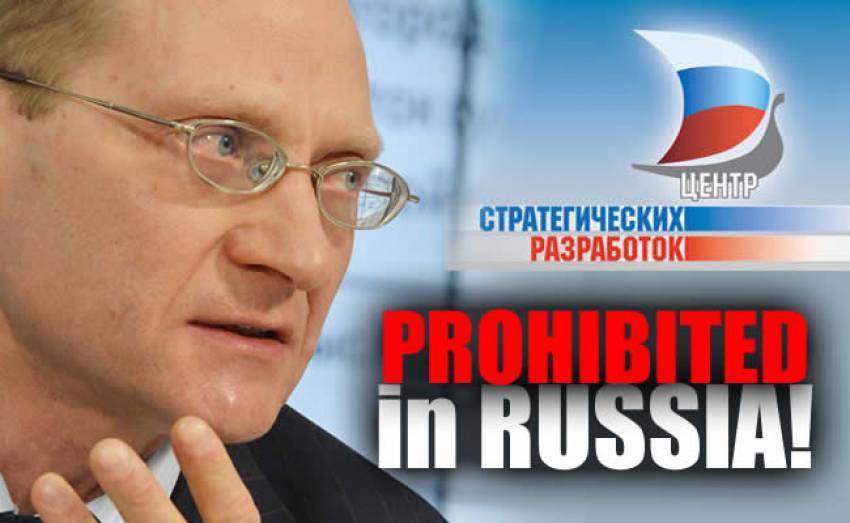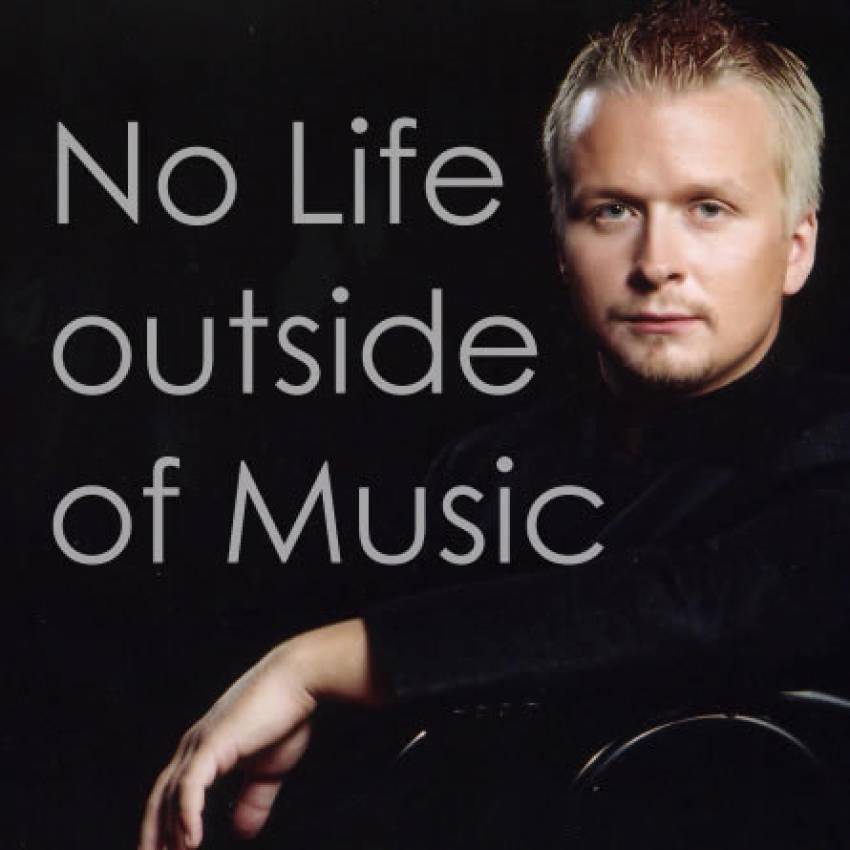Russia inherited this machine from the Moscow kingdom, which served the Golden Horde by label. From which it follows that Russia accepted by default the way of life of the customs and rules of the Golden Horde.
The number of examples of Russian sadism and meanness is multimillion. The executioners of the Russian state have served and served any power, starting from the emergence of Russia in the 18th century through its history to the present day.
There is always a question: do these executioners, who still sit in the offices of power today, not have mothers, wives, children? ... There is an answer to the question: these executioners are representatives of those humanoids who lost their brains from birth, but instincts, ordinary animal instincts control them.
In support of this, we present the story of the tragic relationship with the authorities of an outstanding person, Lev Zilber: a virologist, a genius.
When the famous writer Veniamin Kaverin had just begun to sketch out the plan for "Two Captains," his older brother Lev Zilber was howling in pain, receiving blows from hobnailed boots under the ribs and writhing on the stone floor of Butyrka. They were beating a confession out of him about his intention to infect Moscow with encephalitis through the water supply. This was his second arrest. The first time virologist Zilber was arrested in 1930 "for spreading the plague in Soviet Armenia," immediately after he defeated a terrible epidemic of this disease in Nagorno-Karabakh. He did not incriminate himself then and was not going to do so now - no torture could force him to sign a confession of espionage for a foreign state. A man of great will and courage, he would later write in his diary: "The investigator must be left irritated, driven to fury, having lost in a duel between an unarmed man and the machine of execution, meanness and sadism." Just a couple of months earlier, in the spring of 1937, he had made a breakthrough discovery. Zilber had isolated the first strain of this deadly virus in the history of medicine from the brain of a man who had died of tick-borne encephalitis. He had not had time to develop a vaccine - instead of a laboratory, he was faced with a denunciation, a prison cell, broken ribs, damaged kidneys, torture by insomnia and hunger. He was sent to serve his sentence in the Pechora camps, where he almost died of hunger and hypothermia when the camp commander's wife went into labor prematurely. Zilber had successfully delivered the child and, in gratitude, was appointed chief physician of the infirmary. At that time, prisoners were dying en masse from pellagra, a severe form of vitamin deficiency. Zilber conducted a series of experiments and developed a cure for pellagra based on moss and yeast. Thousands of lives were saved.
The camp doctor was urgently taken to Moscow. In 1939, he was released and became the head of the virology department at the Central Institute of Epidemiology and Microbiology of the USSR People's Commissariat of Health, but in 1940 he was arrested for the third time. He was tortured again, and again he did not sign anything. As a result, Zilber ended up in a "chemical sharashka", where they developed cheap methods for producing alcohol.
There, buying live rats from prisoners for shag, he conducted a series of experiments, during which he confirmed the viral mechanism of cancer. He wrote down his revolutionary discovery in microscopic font on two sheets of tissue paper, which he was able to discreetly pass on to the outside world during a date with his first wife. She, a famous microbiologist herself, managed to collect signatures from authoritative medical luminaries of the USSR in a request to free her brilliant colleague.
Zilber's discovery was so valuable that even the chief surgeon of the Red Army, Nikolai Burdenko, stood up for the virologist. His letter with the signatures of more than a dozen academicians landed on Stalin's desk in March 1944. That same day, Zilber was released.
In the summer of 1945, he found and brought to the USSR his family - his wife, his wife's sister, and two sons, who had survived in the German labor camps, where they had spent three and a half years. That same year, an extraordinary event occurred: Stalin personally apologized to the scientist and presented him with a prize named after himself.
History does not remember another such case when the all-powerful generalissimo asked forgiveness from an intellectual "ground into camp dust", beaten, broken, but not broken.
Lev Zilber was elected a full member of the Academy of Medical Sciences, appointed scientific director of the Institute of Virology of the USSR Academy of Medical Sciences and head of the Department of Virology and Immunology of Tumors of the Institute of Epidemiology, Microbiology and Infectious Diseases of the USSR Academy of Medical Sciences.
Zilber was never able to defeat cancer. On November 10, 1966, Lev Zilber died suddenly in his office at the Gamaleya Institute of Epidemiology and Microbiology. He was able to prove with his whole life that the terrible tumor of tyranny, which struck Russia more than three hundred years ago, retreated before the fortitude of the human spirit and heart.
Lev Aleksandrovich Zilber remains in the world's memory not only as a great scientist, but also as an unarmed man who won a duel with the "machine of execution, meanness and sadism" of Russia.
In all wars involving Russia, its army showed sadism and meanness everywhere, as today in the war of fascist Russia against Ukraine.
So why love this state of executioners? Remember the names of those executed by Russia...
FREEDOM OF SPEECH

















